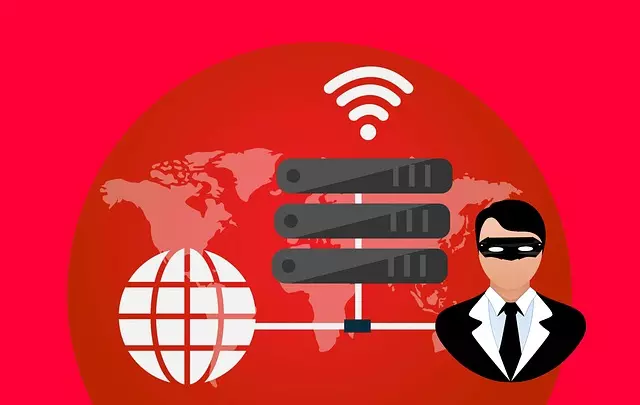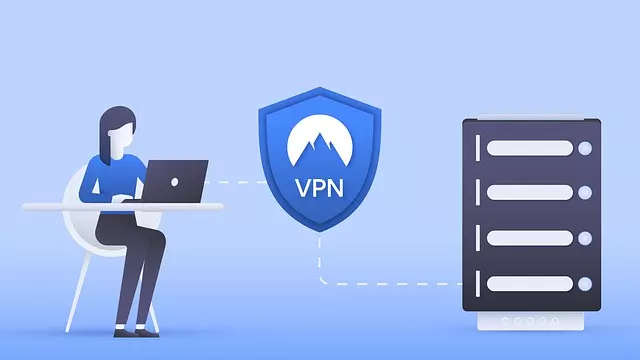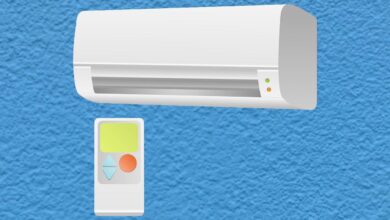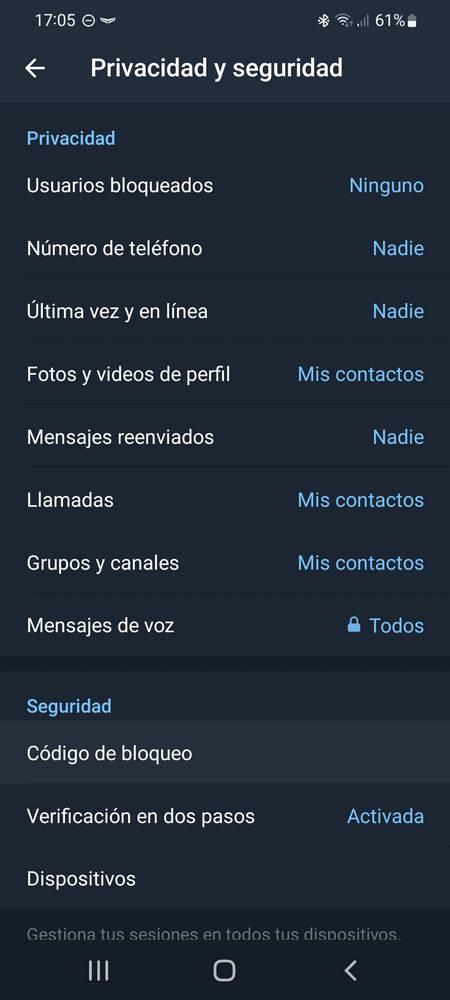
Internet users are increasingly interested in protecting our privacy and security. In case you don’t know when you browse the Internet or download files, companies, governments and your Internet provider are collecting information from you. In some cases, it is done with the intention of creating a profile of us and then sending us targeted advertising. For this reason, to achieve greater anonymity, the use of a VPN is becoming more and more widespread. We can connect to this virtual private network by network cable or Wi-Fi. In this article, we are going to see if Wi-Fi or cable VPN works better.
Do we need a VPN to have anonymity?
Sadly, if we want to be anonymous on the Internet, we will have no choice but to use a VPN or, failing that, a proxy server. When we browse the Internet we leave a digital trail and thanks to cookies, trackers and more, some companies and government agencies are dedicated to collecting our information for various purposes.
One very important thing is that the VPN we use must use some secure encryption. If we use an encrypted VPN, it is as if our data will travel in a tunnel safe from cybercriminals and anyone who wants to collect our data. The main drawback of any VPN is that the speed will be reduced, but if the service is paid for, the difference will not be much.
On the other hand, in addition to anonymity, another of the advantages that they give us is being able to bypass geographical blocks (to view websites and multimedia content) and greater peace of mind when using P2P clients.
Does VPN work better over Wi-Fi or cable?
On some occasions, such as public Wi-Fi networks, the use of a VPN is essential. Not only to maintain our privacy but also for our security. If we do not do so, we are exposed to having our account credentials, bank details and more stolen. Normally in a library, airport, university, coffee shop you will be able to connect via Wi-Fi, Ethernet or both. Whichever you choose, use a VPN.
The Ethernet network cable has the advantage that it will be able to easily take advantage of all the available bandwidth of our connection. Most current networks and equipment are Gigabit Ethernet, this means that they can perfectly support connections of up to 1Gbps. Also, another added advantage is that they have better latency than Wi-Fi. Therefore, the formula That in It would bring more speed and performance. would be to connect our network cable vpn.
However, that does not mean that we cannot use a VPN over Wi-Fi and get good performance. For example, with a router that complies with the 802.11ac standard and using the 5 GHz band, we could obtain speeds greater than 200 Mbps. Therefore, that is not an excuse for us not to use a Wi-Fi VPN when we cannot use cable. network. You may also be interested in learning how to allow or block a VPN on metered networks.
We have already commented that with the network cable in most cases you can take advantage of all the bandwidth. For this reason, especially at home, if the location where the router is is convenient for you, the best option would be to use that VPN via Ethernet network cable.
However, that is not always the case, and a Wi-Fi VPN can achieve similar performance to a wired VPN. On some occasions, if we have a quality router, it can provide us with greater speed than the speed of the contracted rate and in those situations things would be very even. Here it will depend on the speed at which we are connected by Wi-Fi to the router, in which the distance also plays an important role.
Finally, a Wi-Fi VPN can sometimes have a performance similar to that of an Ethernet cable, but either one or the other, you should use it on public Wi-Fi for your security.




